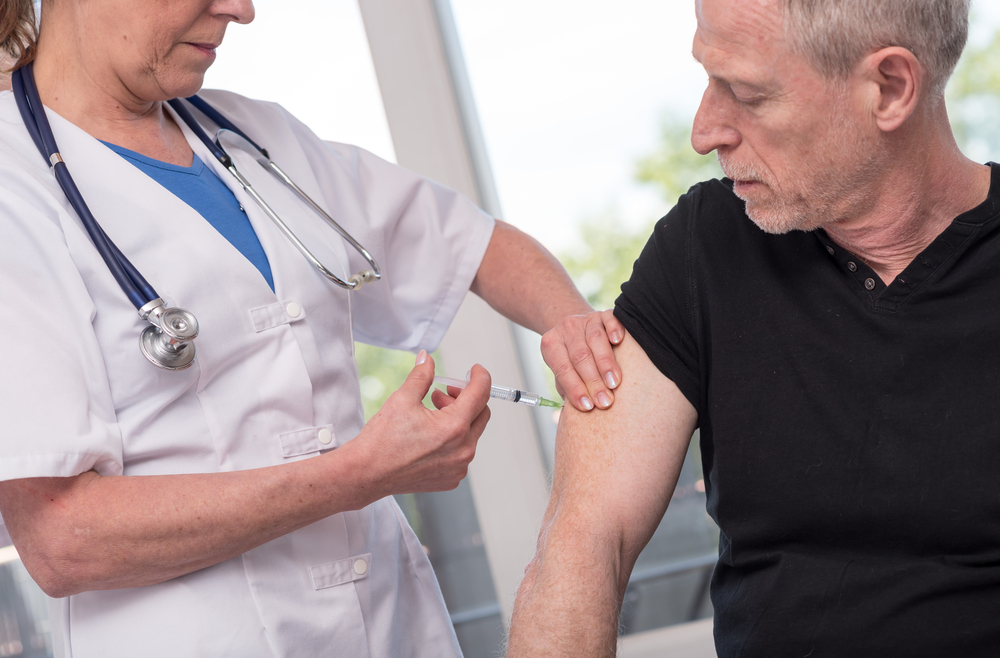
Patients with compromised immune systems are highly vulnerable to infection, but a new study focused on mice at the University of Illinois College of Veterinary Medicine appears to have identified a cellular target that could improve vaccine efficacy.
The study is being conducted by Dr. Som Nanjappa and focuses on a protein that factors into regulation of immune response, CBLB. Nanjappa determined that protein can be targeted alongside an inactivated vaccine and grant it immunity. This could be especially helpful against fungal pathogens, which hit those with immune deficiencies especially hard — they have as much as a 70 percent mortality rate even when treated with antifungals.
“Because prevention is better than cure, the ideal solution would be to vaccinate immunocompromised individuals against such opportunistic infections,” Nanjappa said. “Currently, however, there are no licensed fungal vaccines. Additionally, in order to be safe for use in immunocompromised patients, such a vaccine would need to be based on an inactivated rather than live pathogen. Yet inactivated vaccines stimulate a weaker immune response.”
Nanjappa coordinated with additional colleagues at the University of Illinois and at the University of Wisconsin-Madison on the effort. Their current study shows that lasting immunity could potentially be provided against lethal fungal pathogens in those with certain cell deficiencies, by using adjuvants targeting negative regulators of T cell response.
Researchers’ findings were published in the Journal of Immunology.




